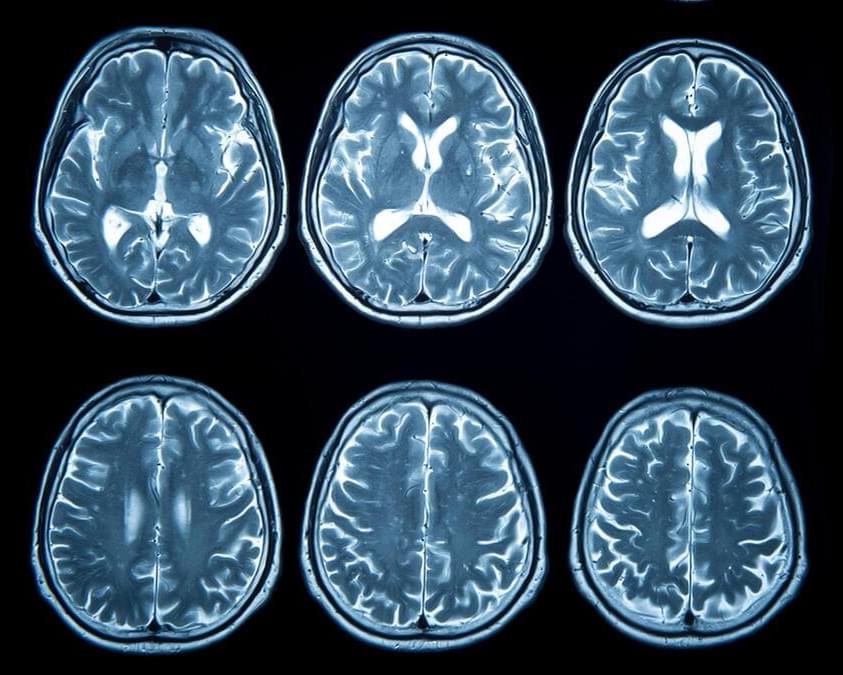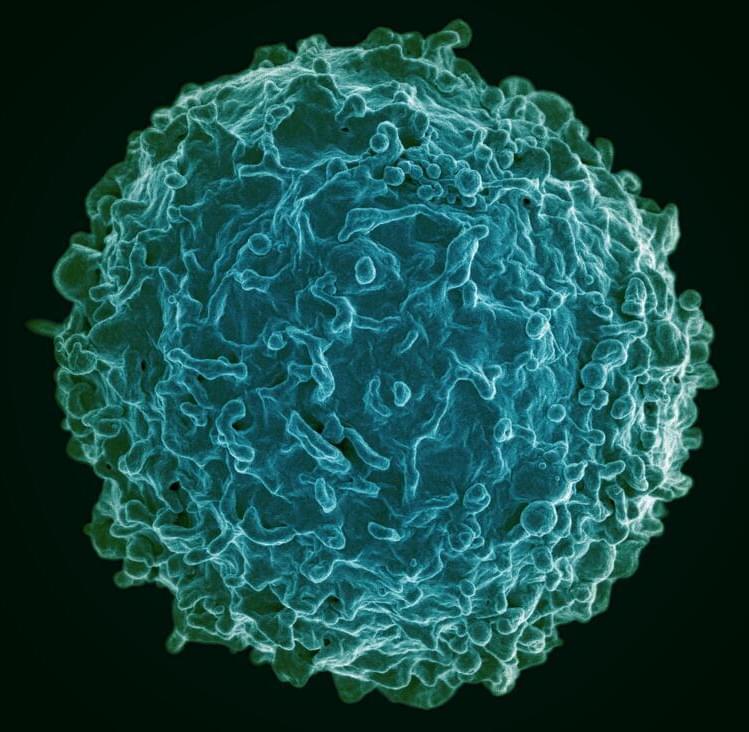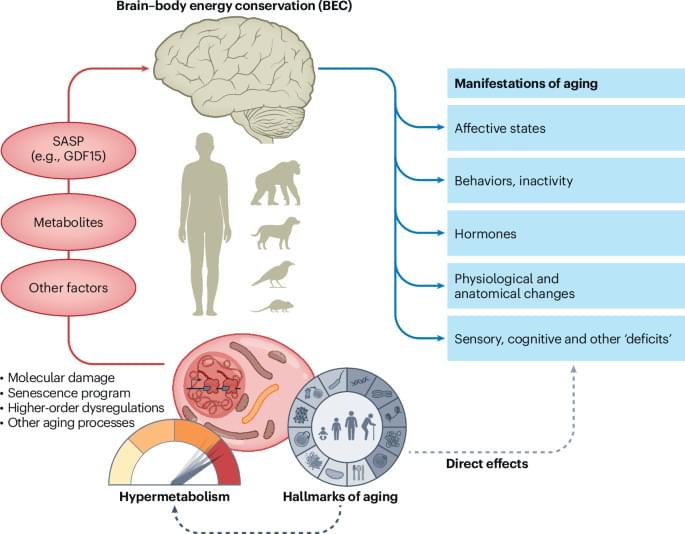One prevailing hypothesis is that physical fitness mitigates structural brain changes that contribute to cognitive decline. Recent evidence points to a potential role involving myelin —the insulating sheath surrounding neurons that is crucial for efficient neural signaling and overall cognitive health. Myelination facilitates rapid signal transmission and supports neural network integrity.
The degeneration of myelin in the brain is increasingly recognized as a critical factor contributing to disruptions in neural communication, which may play a significant role in the cognitive decline observed in Alzheimer’s disease and other neurodegenerative disorders. Emerging research suggests that myelin breakdown may even precede the formation of amyloid-beta plaques and neurofibrillary tangles—the hallmark pathological features of Alzheimer’s disease. Advanced imaging studies have detected early myelin degeneration in individuals who later develop Alzheimer’s, indicating that myelin damage could be an initial event in the disease’s progression.
Age-related deterioration of myelin is closely associated with cognitive decline. Reduced white matter integrity—often resulting from myelin damage—is correlated with declines in memory, executive function, and processing speed in older adults. As myelin degradation leads to the slowing of cognitive processes and disrupts the synchronization of neural networks, preserving myelin integrity is essential for sustaining cognitive health across the lifespan.




